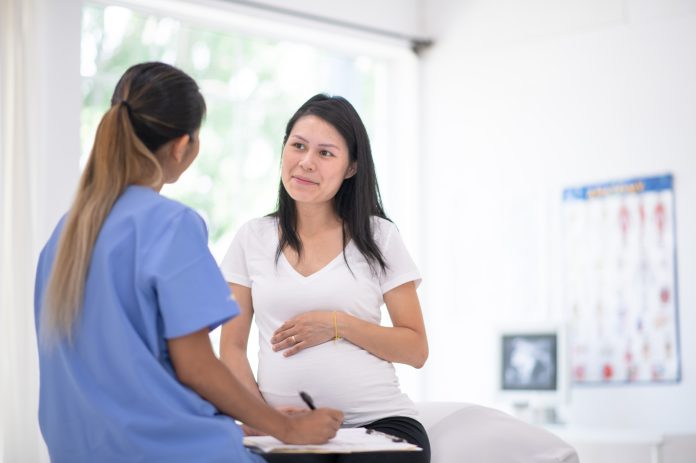As the UK heads into the final week of General Election campaigning, the Royal College of Midwives (RCM) is urging the next Government to prioritise creativity and flexibility in maternity staffing and to invest in facilities that are fit for purpose
According to the RCM, these changes are essential to make Britain’s maternity services not only safer but exemplary on a global scale.
Better working conditions for midwives
Currently, a lack of flexibility and fairness in working patterns is driving many skilled and experienced staff away from midwifery, pushing them towards costly bank and agency roles.
To address this, the RCM is calling on the Government to facilitate more flexible staffing patterns that consider the needs of midwives and maternity support workers (MSWs). This, they argue, will not only enhance staff retention and morale but also improve care for women and families.
The RCM highlights the significant costs of understaffing in maternity care, both personal and financial. Staff are reportedly working well beyond their contracted hours to provide necessary care and support to women. In a single week this year, midwives worked an additional 141,000 unpaid hours. Meanwhile, NHS Trusts in England alone spent over £112 million on agency and bank midwives in 2022/23. The RCM believes that adopting fairer work patterns across the NHS, as seen in some Trusts and Boards, could be a more efficient and sustainable solution.
Improved staffing conditions
While adjusting shift patterns may not be a headline-grabbing issue, it has the potential to transform maternity services. Improved staffing conditions will benefit not only the staff but also the women and families who rely on these services.
In addition to staffing concerns, the RCM is urging the next Government to invest in the physical infrastructure of maternity services. Many facilities are in dire condition, with issues such as peeling paint and ceilings held up by props being all too common.
Some consultation rooms are so small they cannot accommodate both the woman and the midwife, let alone the necessary equipment. Despite the universal and round-the-clock nature of maternity care, it often receives inadequate investment. The RCM asserts that this must change under the next Government.
The RCM is rallying its nearly 50,000 members to scrutinise party commitments to maternity care and use their votes to drive positive change.











